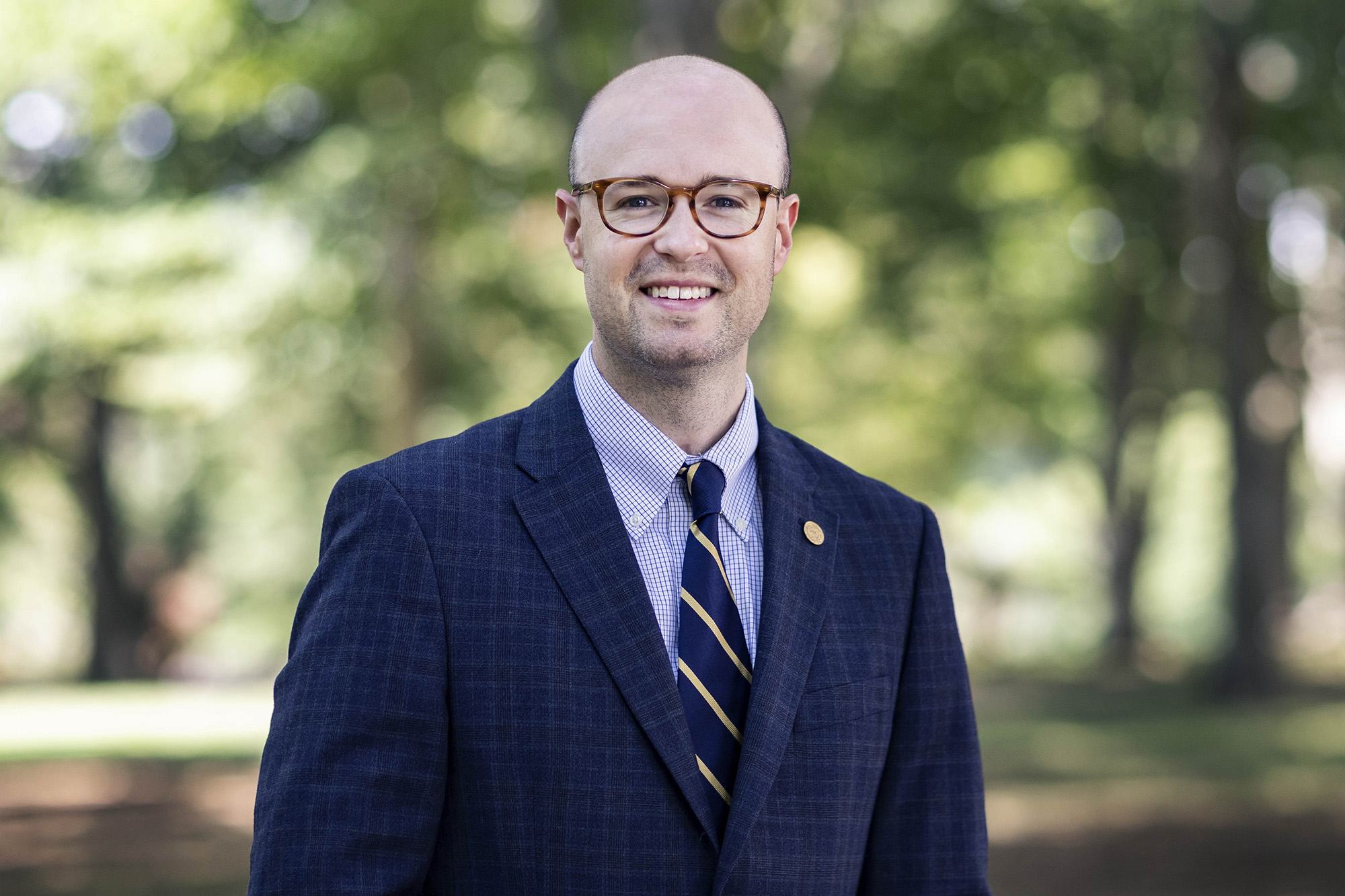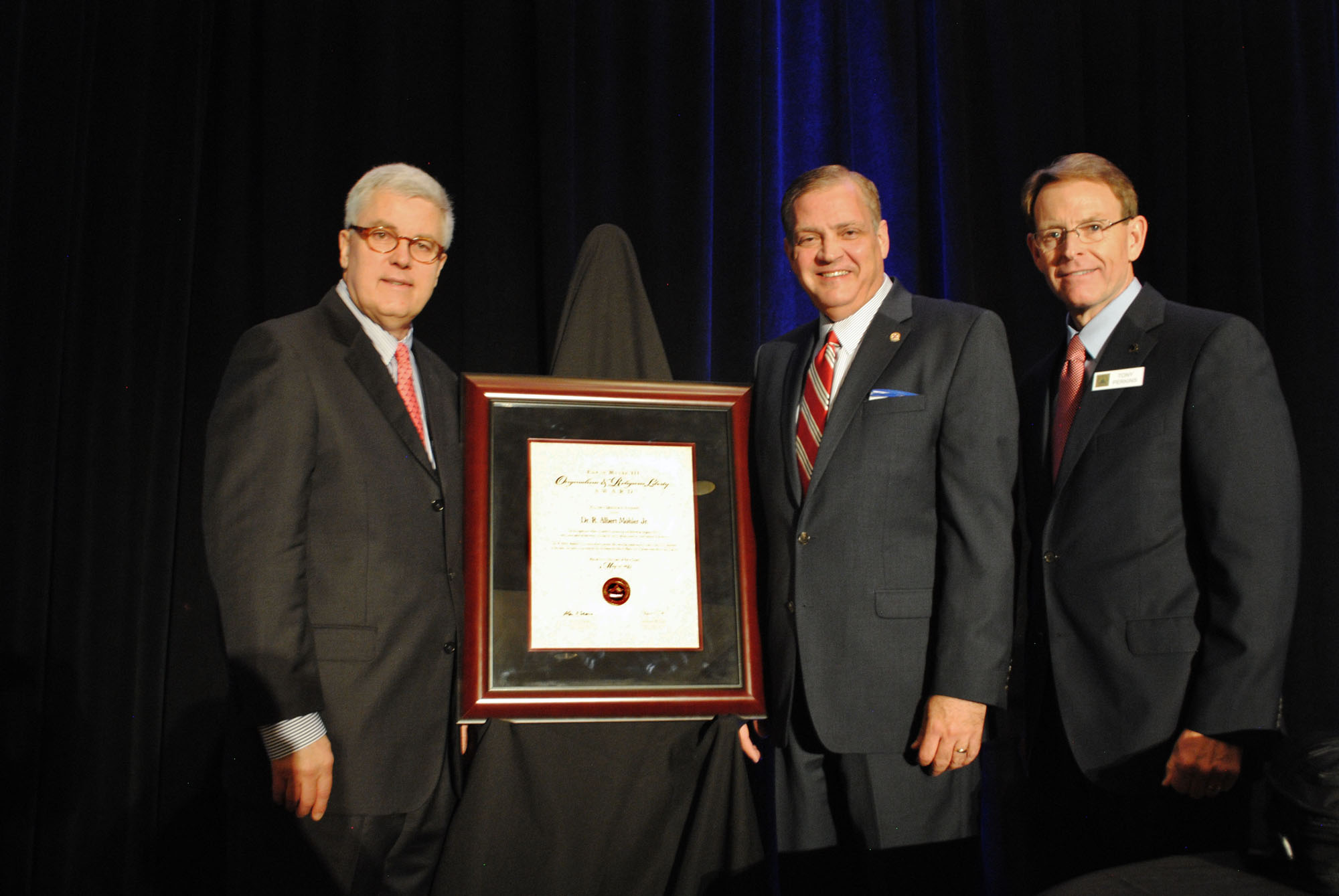 [1]
[1]Religious liberty, as a bedrock freedom, should be embraced and celebrated by every American. But in our contentious and secularizing culture, it in increasingly viewed as suspect, even harmful, especially as it relates to anything dealing with the intersection of evangelical Christianity and the public arena. While there have been important religious liberty victories at the Supreme Court, the court of public opinion often seeks ways to automatically belittle the issue at hand as destructive to the common good.
What happened in Tennessee?
Recently, religious liberty was haphazardly equated with Christian Nationalism in what can only be called a very superficial, cynical misinterpretation of a bedrock provision tied to the Constitution’s First Amendment [2]. In a column for CNN [3], Guthrie Graves-Fitzsimmons and Maggie Siddiqi engage in generalizations and grand pronouncements that are common in our culture wars rhetoric, especially against principles such as religious liberty which are viewed suspiciously as a means of harming others.
What’s the crux of their argument? According to Fitzsimmons and Siddiqi, and reported also in The Washington Post [4], a Jewish couple from Tennessee was denied participation in a foster care certification program that receives state funding because the organization — the Holston United Methodist Home for Children — overseeing the training only fosters and adopts to parents who agree with their statement of faith. To complicate matters, to facilitate the out-of-state adoption the couple sought, Holston was the only agency near their home in the county where they reside that offered the necessary foster-to-adopt training for out-of-state placements.
A statement from Brad Williams, the president of Holston, is quoted in The Washington Post [4] noting how the organization is fully in compliance with Tennessee law, which protects religiously-affiliated adoption and foster care agencies, and the U.S. Constitution: “Holston Home places children with families that agree with our statement of faith, and forcing Holston Home to violate our beliefs and place children in homes that do not share our faith is wrong and contrary to a free society.”
However, that did not stop the couple from fostering to adopt. The article reveals that the couple in question were still able to foster-to-adopt through other agencies and are doing just that.
The problem with the article’s framing
Rather than let a Christian organization be true to its convictions, progressive culture warring now acts to make Christians an example of what happens when you stand true to your convictions: Face litigation and cultural harassment. The couple in question, and others who joined them, have filed a lawsuit against the Tennessee Department of Children’s Services accusing the government of discriminating against them.

The authors of the column go on to tie religious freedom of the sort protected by Tennessee as “Christian Nationalism.” “Make no mistake: Christian nationalism is the opposite of religious freedom,” the authors write. “What these right-wing actors advocate for is not religious freedom, but rather the ability of some Christians to be exempted from laws that don’t conform to their theology.” And then comes the litany of civic vices all traceable to Christian Nationalism: anti-LGBT views, white supremacy, and anti-Semitism.
There are several problems related to the authors’ framing of their argument. But first, let’s acknowledge a point of potential agreement. To the extent that “Christian Nationalism” is an identifiable set of beliefs that intends to tell others they are less American because they are not Christian, well, then, I would agree that that use of Christianity is toxic. But appeals to Christian Nationalism are rarely framed to mean only that. Most appeals to discredit Christian Nationalism frame any sort of conservative Christian concern as an identifiable subset of the larger Christian Nationalism category and therefore, disqualified. The authors are guilty of doing just this in a sort of progressive genetic fallacy — refusing to evaluate the argument but just casting blame on a nebulous connection between religious liberty and “Christian Nationalism”.
To the extent that Christian Nationalism is a convenient label used to dismiss conservative Christianity’s concerns about institutional integrity altogether, then the authors are just as guilty of using their religion to exclude others as well. To be clear, Graves-Fitzsimmons and Saddiq’s appeals to their own religious identity is just as much a form of “nationalism” insofar as it is used to forge a template for normative and non-normative interaction in the public square.
Christianity has a long history of demonstrating social concern that animates Christians to care, for example, the poor, orphans, and the preborn. Lazy, broad-brush, and cynical appeals to Christian Nationalism fail to differentiate how theology can and ought to function in democratically appropriate ways. Seen in this light, accusations of Christian Nationalism are an empty shibboleth [6] used to discredit the concerns of evangelical Christians.
To frame religious liberty the way the authors have typifies the careless use of the term. It paints Christians as insidious cultural actors while fundamentally misunderstanding the reciprocal nature of religious liberty. The logic that protects the Christian adoption and foster care agency to operate according to their convictions also protects the Jewish, Muslim, or Mormon-based adoption and foster care agency as well.
Interestingly, the authors cite my friend and ERLC Research Fellow Paul Miller’s research on Christian Nationalism. I reached out to Miller and asked him whether he agreed the authors’ appeal to his work is a correct appropriation of his work. He replied that it was not. According to Miller, “The right of private associations to define themselves exclusively has nothing to do with an effort to define the nation the same way.” In a longer tweet thread, Miller responded to the authors’ framing.
Miller’s thread is outstanding and offers the careful nuance missing in Graves-Fitzsimmons and Saddiqi. Rather than scoring cheap points, Miller demonstrates what is and is not at stake. There’s a clear categorical difference between using Christianity to exclude others from participating in a national identity and Christian institutions being committed to Christian principles that animate their social involvement.
All this is to show that accusations of “Christian Nationalism” does not a Christian Nationalist make. Obscuring important constitutional principles in service to lazy labeling does no service to the common good; all it does is undermine it.








